A fire in your home or business sounds like a bad dream, but it’s a scary reality for thousands of people every year. Faulty electrical systems are the third leading cause of home fires. According to the Electrical Safety Foundation International, roughly 51,000 home electrical fires occur every year, leading to 500 deaths, 1,400 injuries, and more than $1.3 billion in damages.
The outlook for electrical fires in businesses isn’t positive, either. Research shows that 18% of warehouse fires are caused by electrical malfunctions. Fires also contribute to nearly 100 workplace deaths and $2.4 billion in damages each year. And while electricity isn’t always to blame (cooking takes the number one spot in hotels, restaurants, and offices), business owners can reduce their chances of a fire by paying attention to potential electrical risks.
Many times, your electrical system will send off warning signals before turning into a full-scale fire. Some signs of electrical fire risk are fairly obvious, such as a burning smell in your home or office. Others can easily be passed off as a common occurrence, such as a tripped breaker.
While some warning signals might not cause alarm if they only happen once, it’s essential to keep an eye out for any changes or frequent occurrences. When you start noticing breakers tripping constantly, or you’re spending a small fortune on light bulbs because they keep going out, it’s time to start investigating the root cause. Otherwise, you might find yourself facing a much more costly problem in the near future: a full-blown electrical fire.
A big part of fire safety focuses on prevention. If you know what to look for, you can fix flaws in your electrical system and avoid the expense, damage, and emotional toll of a fire.
Let’s look at the five most common warning signs that your home or business may be at risk of an electrical fire and what you should do next.
#1: Your circuit breaker trips frequently
Many homeowners or business owners go to the circuit breaker box to flip the switch and carry on with life as usual. While doing so might restore power, it’s also important to understand why the breaker “tripped.” And if it continues tripping, you need to call an electrician to do something about it.
Circuit breakers trip for a variety of reasons. The most common reason is an overloaded circuit. When this happens, your breaker cuts power to a particular circuit as a way to conserve energy, but more importantly, it trips to get your attention. When there’s too much demand on a particular circuit, you need to redistribute your electrical demands. Or, if your home is older and can’t properly service your electrical needs, you may need an electrician to upgrade your system.
Another possible problem when your circuit breaker trips is a short circuit. This happens when a hot wire touches a neutral wire, the ground wire, or the metal box. When this happens, there’s a sudden unrestricted flow of electricity, which causes the breaker box to trip. However, short circuits can also be due to an issue in an appliance or electronic device you’ve plugged in, not your home’s wiring. Because these can be difficult to diagnose, it’s best to connect with an electrician for guidance.
Ground faults can also cause a breaker to trip. These are especially dangerous because they increase the risk of electric shock, especially in areas with high moisture levels like bathrooms and kitchens.
Getting to the root cause of your tripping breakers is key. If there’s too much ongoing demand on a breaker, flipping the switch back into place will not solve anything long-term. The breaker will go out at some point, and flipping the switch will no longer be an option. If the breaker doesn’t trip, it can cause severe overloading and overheating of the wiring insulation, leading to a fire.
#2: Your outlet and switch plates are hot, discolored, or sparking
It’s not always easy to know what’s happening behind your walls, but your outlets and light switch plates can be revealing.
When an outlet is in use, the appliance or product tends to generate heat. But your outlets do not. If your outlet ever feels hot to the touch, it could indicate a severe problem. When this happens, immediately unplug whatever you’re using in that outlet and do not use the outlet until you can diagnose the problem.
The same holds true for light switch plates, with the exception of dimmer switches. A standard light switch should never feel hot to the touch. Dimmer switches are the exception because they dissipate excess heat and energy to create the dimming effect. Still, these switches should only be warm to the touch, not hot. If it’s hot, the wattage of your switch may be incompatible with the wiring.
If an outlet plate is discolored, it could be a sign of loose wiring connections or faulty wiring. Most commonly, the hot wire has touched the neutral or ground wire. Dust buildup and corrosion over time can increase your risk of this happening.
These issues can lead to arcing and sparking, creating small fires behind the wall that can lead to a discolored look on your outlet plate. In some cases, your outlets may even look charred.
If you see sparks shooting out from an outlet or your breaker panel, you’ve probably got a short circuit. This can quickly cause a fire and should be addressed immediately. Call your electrician if you notice any of the above warning signs to reduce your chances of a fire.
It’s been mostly doom and gloom up to this point, so this bit of good news might cheer you up: If the sparking is coming from an appliance, there’s likely nothing wrong with your electrical system. The problem is most likely due to poor wiring in the product, so contact the manufacturer. Your product’s warranty may cover any repairs or replacements.
#3: There’s a burning smell with an unknown source
If you burned dinner again, chances are there’s nothing to worry about (other than your appetite). But what if that burnt smell lingers in your kitchen and doesn’t go away within a couple of days? Your dinner might soon become the least of your worries.
When you smell something burning but have no discernible source of the smell, it might be because that smell is coming from between your walls. Sometimes, your electrical system might be heating up to the point where it’s melting the plastic protective sheathing on the wires. This smell can be one of the most imminent risks of a fire, and you need to call your electrician immediately.
Short circuits can cause a persistent burning smell in your home. They are the leading cause of home electrical fires and occur when a hot wire touches a neutral or grounding wire. The smell is usually potent and unpleasant, and the small fire it creates can quickly turn into a larger one if it catches surrounding material on fire, too.
As a homeowner or business owner, your best defense is to quickly figure out where the smell is coming from, then turn off the circuit breaker to that area until help can arrive. Your electrician can come by to check the circuit and recommend the next best steps.
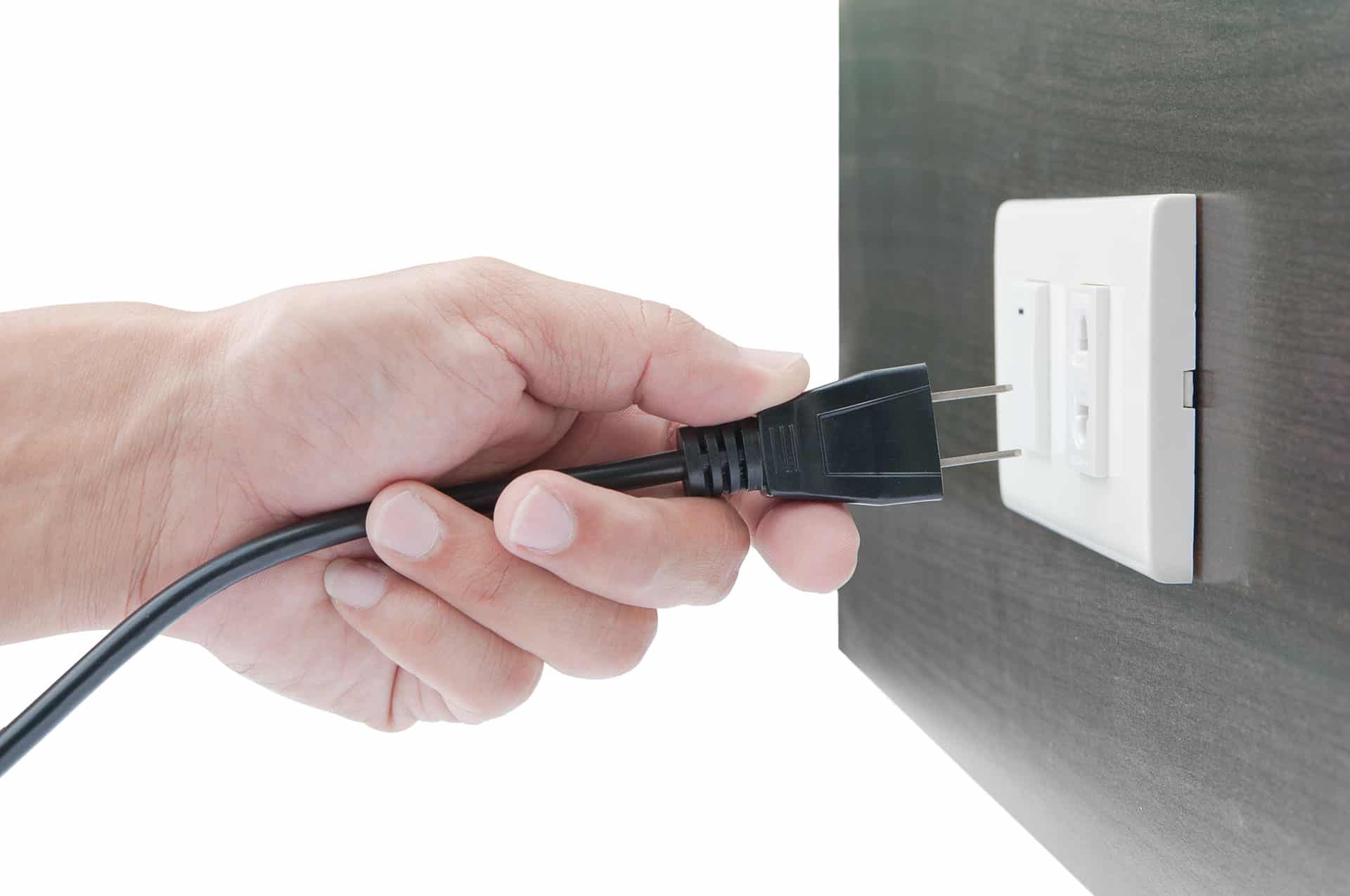
#4: You can see or hear issues with your lighting
You don’t need to be an electrician to notice when you might have a problem with your electrical system. Your lighting might be all the signs you need to know to call an electrician.
One of the most common signs is when your lights are flickering or dimming. Hollywood movies might have you believe a ghost is trying to communicate with you. But the more logical (and accurate) explanation is that your lights might have a loose connection. When this only happens with a single light fixture, the problem is relatively quick and easy to resolve. Just check the connections! But if the problem occurs with multiple light fixtures, it could be a sign that your electrical system is in jeopardy. There could be a problem with the circuit or even the breaker box itself.
If you notice that a light bulb is glowing brighter or dimmer, there might be a voltage fluctuation somewhere. This can be a serious problem and may require you to change the light fixture or make costly upgrades to your electrical system. If left unchecked, voltage fluctuations can cause extensive electrical damage and lead to fires. It could damage appliances and fixtures on that circuit, which could result in making costly replacements.
Another sign to look for is how frequently you’re replacing light bulbs in a certain fixture. Light bulbs might not reach their maximum lifespan due to several reasons, such as using the wrong type of bulb for a fixture or excess fixture vibrations. But the high voltage is a common culprit, too. If the voltage is too high, your light bulbs will burn brighter and burn out faster. You or your electrician can use a voltage tester to check for voltage issues. If the voltage is higher than 125 volts, you may need to make some adjustments to your electrical system.
One final telltale sign of noticeable electrical issues is the presence of a clicking or buzzing sound when you turn on a light. Flip the switch and listen for any noises coming from behind your walls. If you hear a clicking or buzzing noise, it might be due to a loose connection with wiring near the switch or outlet or a loose connection on the switch itself. These connections can lead to short circuits, which are leading causes of home and business electrical fires.
#5: You have or have had rodent activity
Rodents can be nuisances to home and business owners on many different levels. Naturally, you don’t want to find one helping themselves to your pantry. But even those that are out of sight in your attic are still unwanted guests.
That’s because rodents can be extremely destructive. They chew holes through your walls and doors, which can lead to drafts and higher energy bills. And if your electrical wires somehow end up in their way, they’ll chew through those, too.
Rodents chewing on or through wires puts you at risk of an electrical fire. Wires that were once protected by plastic sheathing are now exposed. Wires get very hot when electricity runs through them. Without this protective covering, the wires send off heat to surrounding elements and can catch dry dust and debris buildup on fire. This is a genuine possibility with rodents since they tend to stir up insulation and other debris while they rampage through your home.
The pulling and tugging on wires while chewing can also lead to loose connections. The wires can spark or overheat, or they can cause electrical failure. This increases your risk of a short circuit.
In short, rodents create a dangerous series of dominoes when they enter your home. Once one domino starts to fall, it’s only a matter of time before your risk of an electrical fire increases dramatically.
Sources show that one in four fires with unknown causes are suspected to involve rodent damage of some kind. Preventing rodent issues in the first place or taking quick action when you notice rodent activity can lower your fire risk. Look for and plug holes or entry points where rodents can enter your home, attic, or basement. Set out traps or bait to capture rodents and prevent them from running amok if they do manage to enter your home.
It would help if you also made it a point to routinely check for rodent droppings and other signs of activity, such as scratching sounds in between your walls, rodent nests, bite marks on your wires, or any of the signs of electrical issues we’ve already mentioned. If you find rodent damage to one wall stud or area, the chances are that’s not the only damage they’ve caused. Making your home inhospitable to rodents can not only help you reduce your risk of a fire but also maintain a higher level of health and safety in your home or the workplace.
If it’s too late and rodents have already attacked your home or business’s wiring, call an electrician as soon as possible to discuss the next steps. You may need to replace any damaged wires to protect against short circuits and look for other damage that’s not as easy to diagnose. Your electrician can conduct a full-scale inspection so that no stone is left unturned and issues are addressed before they can become more significant problems.
Other Inconveniences Caused By Electrical Fire Risks
The potential of experiencing an electrical fire is reason enough to have your home or business’s wiring checked out. An ounce of prevention is worth a pound of cure and can save you a lot of hassle, expense, and time in the long term. But there are other benefits to addressing any electrical risks or inefficiencies, too.
Any time your electrical system isn’t working properly can lead to inconveniences. For example, if your electrical system is older and you’re using modern energy-efficient appliances, your appliances may not be able to work as efficiently as they should. In turn, this can lead to higher energy bills and a shorter lifespan of your appliances. The same is true with light fixtures. Ongoing malfunctioning can damage your light fixtures or appliances beyond repair, meaning you’ll have to replace them sooner than you planned.
Plus, if you ever decide to sell your home or your commercial property, a poorly working electrical system can lower its value. It might even make it harder to sell. Not many people want to inherit the responsibility of rewiring a home or building or assuming the risks of an electrical fire.
When to Call Cotton Electric for Electrical Issues
Addressing problems early is key to avoiding more costly problems in the future. Don’t let any electrical issue slip through the cracks unnoticed.
If you notice any of these five warning signs that your home or business is at risk of an electrical fire, or simply suspect that something might be wrong, give us a call right away. Electrical fires can be unpredictable, which is why we strive to send someone to your home or business the same day if possible.
Once we diagnose the issue, we can suggest the best approach to protect the integrity of your home or business and the people inside.
Your safety is always our number one priority. Contact us today to schedule an appointment.

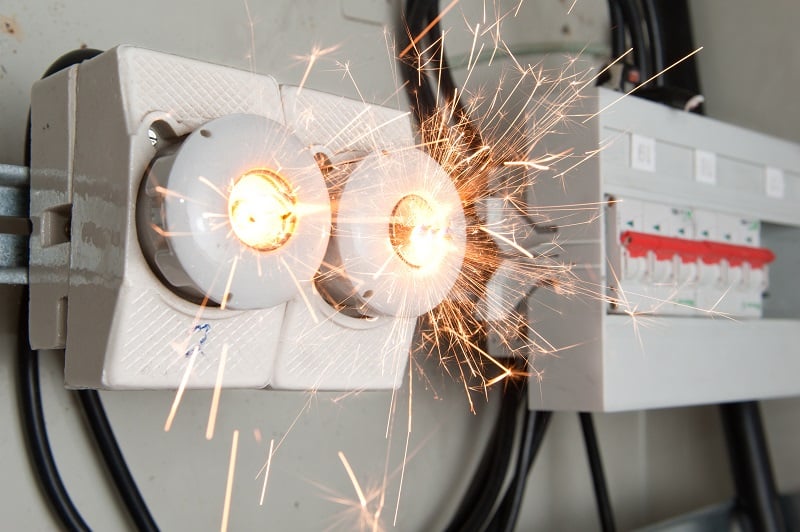

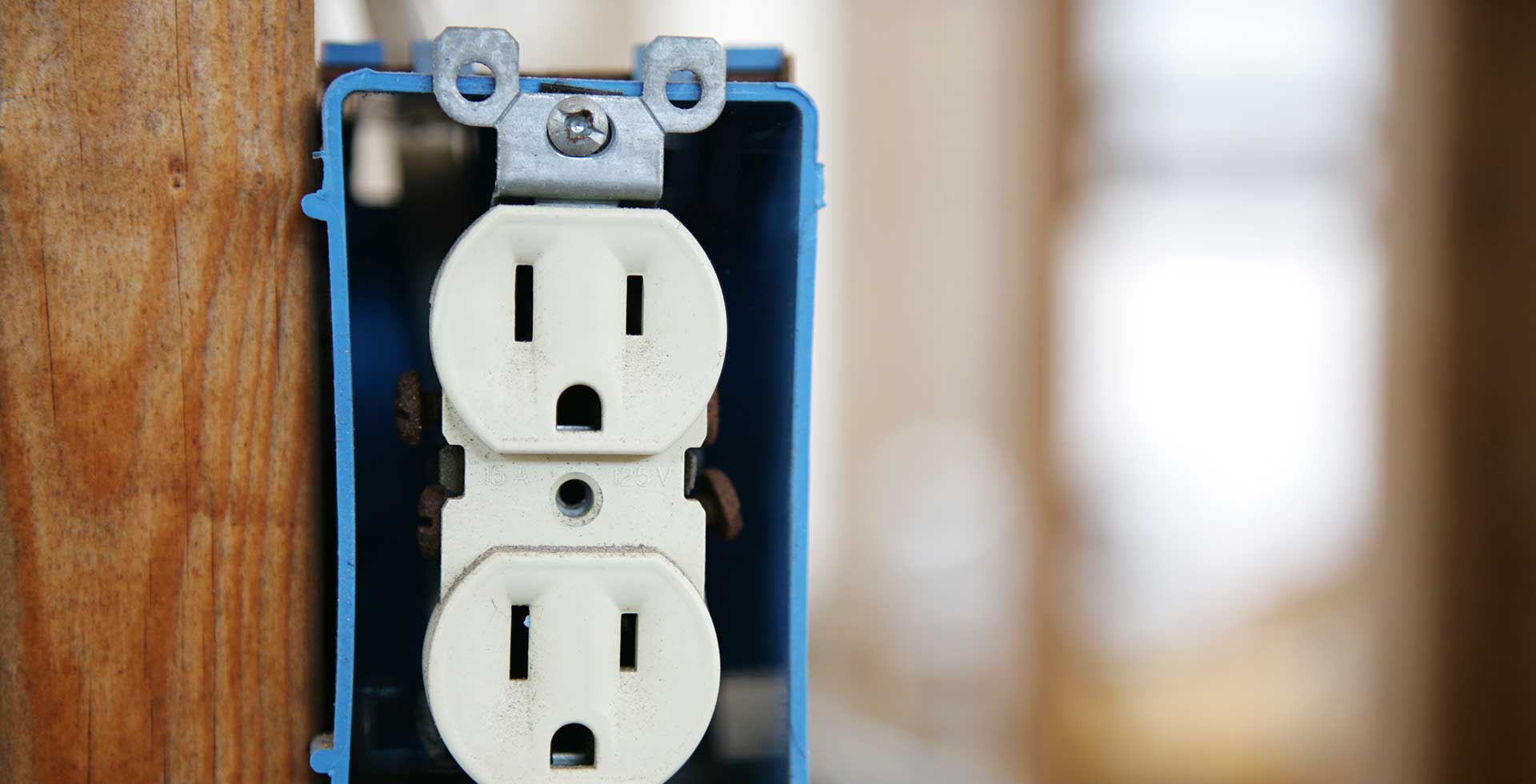
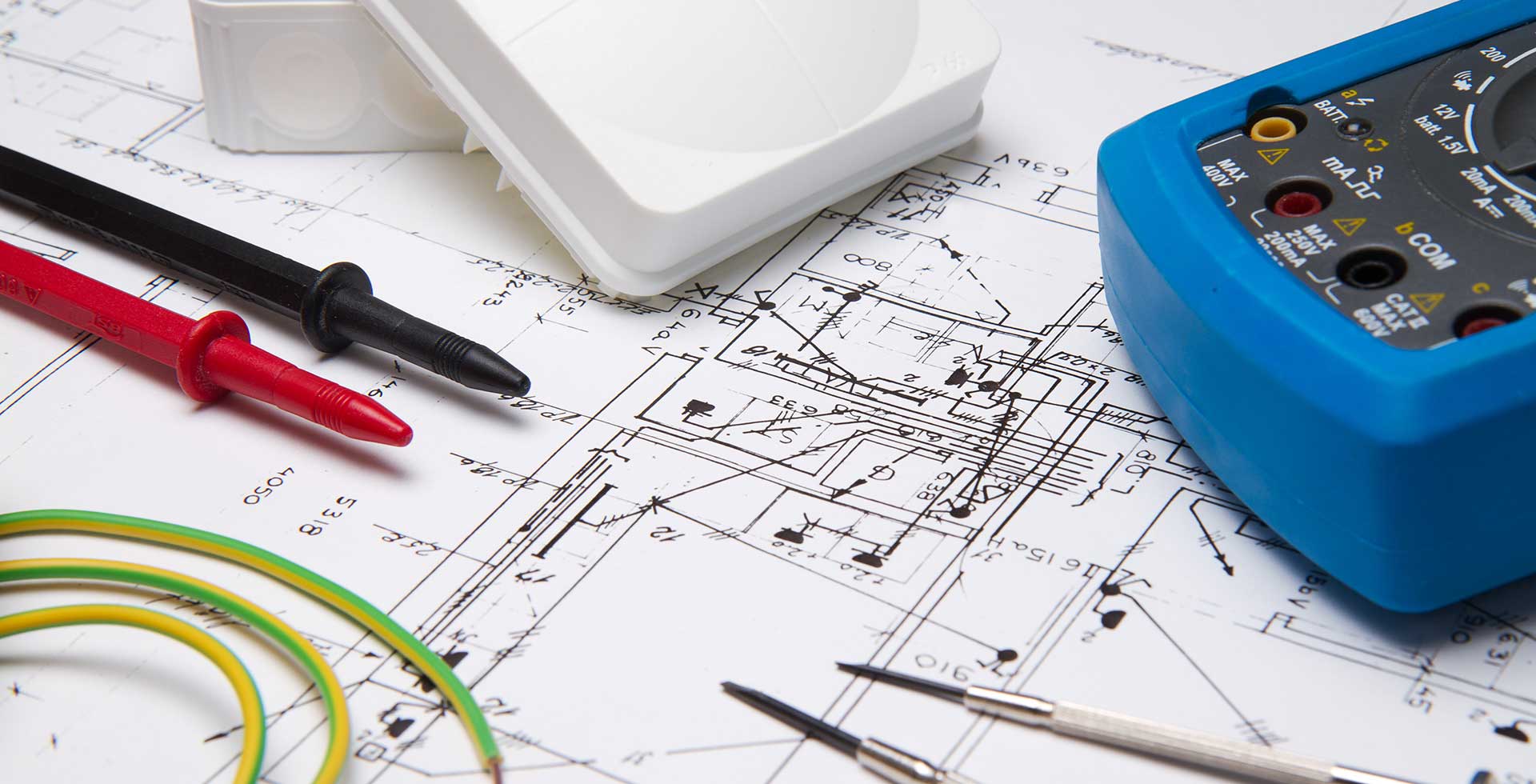




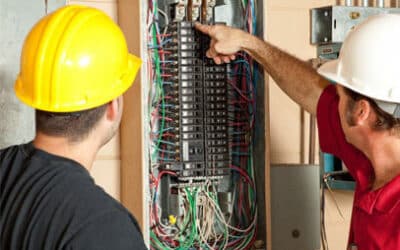
Recent Comments